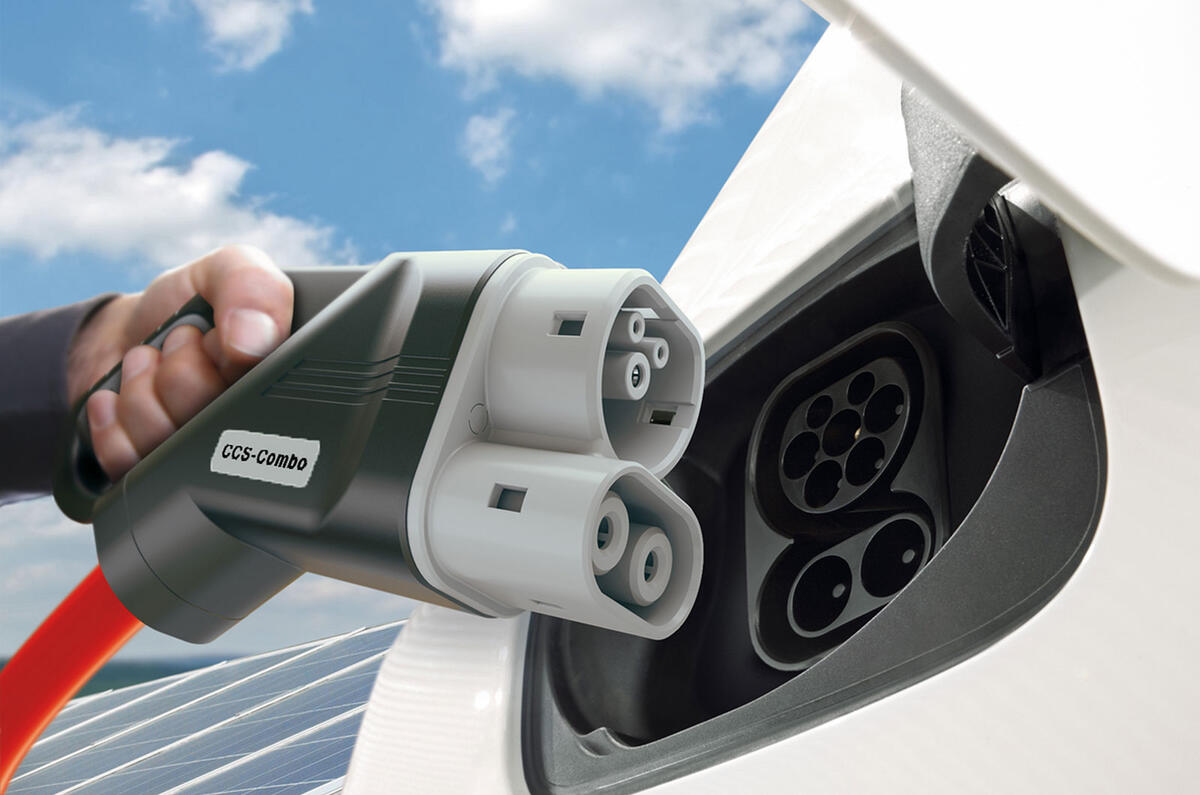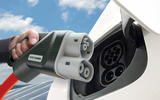Smart charging, the system that manages the recharging of electric vehicles to reduce pressure on electricity networks, could prevent the need for a costly overhaul of the nation’s electricity infrastructure to cope with widespread adoption of EVs, according to the interim results of a UK trial.
The Electric Nation trial has provided free Alfen or EVolt 7kW smart chargers to 700 users of electrified vehicles in return for access to their recharging data. The trial, which began in January and will continue into next year, was conceived by Western Power Distribution and EA Technology and aims to determine whether smart charging can help the electricity networks cope with the anticipated mass roll-out of EVs. Western Power Distribution is the largest distribution network operator (DNO) in the UK. It operates 185,000 electricity substations for 7.8 million customers. The company is concerned about what happens in the future if large numbers of EVs begin charging during a period of peak electricity demand.
The road that charges your electric car
“The worst period for us is a really cold winter’s evening when Manchester United are playing in the Champions League and everyone switches a kettle on at half time. That’s the peak period,” said WPD’s innovation manager, Mark Dale. “The network is designed to cope with that and copes well, but what we’re asking it to do now is fuel our cars and it’s never been designed to do that. With current predictions for EV take-up, that load could double during the evening peak.”

Dale said managed charging using smart chargers would mean any rise in the uptake of EVs could be accommodated without the need for expensive upgrades to local electrical distribution networks, the cost of which would ultimately be passed on to customers of the electricity companies.
Smart chargers are connected via the internet to software systems that analyse electricity network capacity at a local level. If capacity is being reached in a particular area, smart chargers can be signalled to either delay charging or charge at a lower power in the relevant areas until the demand settles down. Should a customer need to charge their vehicle urgently, they can override the system with the press of a button.
Future use of smart chargers is something the government is likely to mandate in the Automated and Electric Vehicles Bill 2017-19, which is currently making its way through the House of Commons. Some charge point providers are already producing devices that are smart-charge-ready. Erik Fairbairn, CEO of Pod Point, said: “We need to use technology to allow all EVs to charge in such a way the grid is tolerant of. If you make the charging infrastructure smart, you can easily generate enough power in the UK to get all of us driving EVs.”









Join the debate
Add your comment
this is a non-problem
UK average mileage for cars; 9,200 miles in 2002 and fell to 7,800 miles in 2016 (information from racfoundation.org), which is 150 miles per week. a Tesla Model S does around 250 miles on a charge (what people say they get, not tesla's claim - that's more like 300), so you'd be charging it from 60% to full once a week if you only charge it once (some people can't at home). according to tesla a single phase 7.4KW charger charges the car at 22mph (distance added to range, per hour. stop being silly about it needing a rolling road or stretchy cable or something!). 150 miles per week is 21.4 per day on average, meaning that if you plug it in every day, to a single phase charger, it'll be on charge for less than an hour a day. that tesla charger is 7.4kw. a cheapy electric shower which has to be flat-out to get a dribble of water vaguely warm; 7.5kw. decent ones are over 10kw. i can't remember electric showers ever causing a problem for national grid, even if someone were so outrageous as to have one on while someone else was boiling their (3kw) kettle and using a (2.2kw) oven. in the same house. People always talk as if they will all need charging from completely flat to absolutely full, every day, and they simply won't. Streetlamps, converted to new low consumption lights, can be used to charge cars due to their reduced power demand. don't believe me? it's called ubitricity, and it's already being trialed. That also goes quite a way to solving street-side charging too. somehow, i think we'll be pretty much ok, as far as having to actually worry about things is concerned. not all evs have the range of a tesla, leafs do a bit over 100miles, but that also doesn't mean they'll all need charging every day. leafs have a range roughly the same as a motorbike, and you don't see every bike that's on the road going to a petrol station every day.
Smart meters
Peak times will be in the middle of the night...
So at the end of the day as most people thought
Gradual increase in demand can be met, just like it is in Norway, no problem.
Oh and as studies have shown people charge at home* not commercial charge points so 50p/kWh for electricity, which would only be used as a get home source for emergencies, is a pretty irrelevant even if true.
So what next for the nay sayers?
*And that's with today's 150-200 mile range EV's
.
Most people may charge at home currently (no pun intended), because the early adopters have tended to be the people who have a garage or a drive and can charge at home. Most people in London live in apartment blocks - certainly in Wapping where I live. It would be impossible for me living on the 4th floor to charge my car at home. Hell I can't even park on my own street somedays. I'm not anti-electric, I would like it to work, but for the foreseeable future, I see range extenders and hybrids as a far more practical solution for the majority than battery power alone.
Mix
No one's ever suggested EV's are the only answer, I believe, as I always have, there'll be a split between BEV's and Petrol/Diesels/Hybrids to those that need them. I've got access to 3 cars, a motorbike and do over 30,000 miles a year there's every chance my next car will be an EV which will do the vast majority of those miles
I'm undecided on Range extenders as with EV's now doing 200 miles on a single charge just how often will you use that 2nd £2,000 worth of engine?
Qu: If you can't plug an BEV how would you plug a Range Extender in?
xxxx wrote:
I wouldn't be able to, so I'd have either a Prius or a VXR8.
He wouldnt NEED to plug a
He wouldnt NEED to plug a range extender in, because of the "range extender" bit . . . do I really have to explain ?